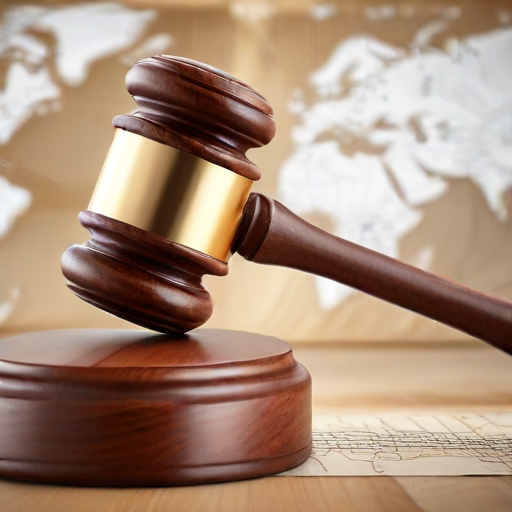Judges at the International Criminal Court (ICC) have found sufficient grounds to believe that Israeli leaders, including Prime Minister Benjamin Netanyahu and Defense Minister Yoav Gallant, may bear “criminal responsibility” for alleged wartime offenses. These allegations pertain to events occurring from at least October 8, 2023, to May 20, 2024, and include serious charges such as the war crime of starvation as a method of warfare, as well as crimes against humanity including murder, persecution, and inhumane acts.
The court issued these arrest warrants in response to previously filed applications for their issuance, which continued despite Israel’s objections regarding the ICC’s jurisdiction.
Additionally, the ICC has issued a warrant for Hamas military commander Mohammed Deif, who is accused of various crimes, including murder, extermination, torture, and sexual violence. It is noteworthy that Israel claims that Deif was killed in an airstrike in Gaza earlier, but the court is still in the process of verifying his status.
The ICC’s investigations into ongoing conflicts and violations of international law will continue, with the possibility of further warrants for arrest being issued in the future. Initial applications for two senior Hamas leaders, Ismail Haniyeh and Yahya Sinwar, were retracted following reports of their deaths.
In a bid to maintain witness safety while also addressing the ongoing conflict, the ICC decided to make the information surrounding these warrants public. The court emphasized the importance of transparency for the victims and their families, given the ongoing humanitarian crisis in the region.
ICC Prosecutor Karim Khan stressed the importance of focusing on the victims of these crimes, especially those affected by the ongoing conflict in both Israel and Palestine. He reaffirmed the ICC’s commitment to upholding the law and ensuring accountability, calling for cooperation from all countries to respect judicial orders issued by the court.
The International Criminal Court operates independently, having been established through the Rome Statute, which was adopted in 1998 and serves as a means to address serious international crimes when national justice systems fail to act.
In summary, the ICC is actively pursuing accountability for alleged serious crimes committed amidst the ongoing conflict, which underscores its role as a pivotal institution in international justice. This commitment to justice may instill hope in victims and their families seeking recognition and redress for the suffering caused by these conflicts.
